Highlights:
- US immigration and border-related fees to increase from January 1, 2026
- Parole fee rising from $1,000 to $1,020
- ESTA fee increase does not affect Indian travelers
- EVUS fee adjusted to $30.75 for eligible Chinese visitors
- Form I-94 fee remains unchanged at $30
For international travellers, including Indians, the revisions will result in slightly higher expenses depending on the type of service they use. While not all categories affect Indian travellers directly, certain key changes are relevant for specific groups.
Parole fee increase
One of the most significant adjustments involves the parole fee. Beginning January 1, 2026, individuals applying for temporary parole into the United States will pay $1020, up from the current $1000. Parole is a special provision under the Immigration and Nationality Act (INA) that enables foreign nationals to enter the country without a visa when they demonstrate urgent humanitarian needs or when their entry benefits the public.
The $20 increase, though modest, will affect Indian applicants who rely on parole pathways, often used for medical emergencies, humanitarian relief, or urgent travel that cannot be accommodated through conventional visas.
ESTA fee adjustment (No impact on Indians)
The Electronic System for Travel Authorization (ESTA) fee required for travellers from countries in the US Visa Waiver Program will increase slightly from $40 to $40.27 for the fiscal year 2026. Since India is not part of the Visa Waiver Program, this fee revision does not impact Indian tourists or business travellers.
EVUs fee increase
The Electronic Visa Update System (EVUS), which applies exclusively to Chinese nationals holding 10-year B-1/B-2 visas, will also see a minor fee adjustment. The current $30 fee will increase to $30.75 in the coming fiscal year. This change does not apply to Indian citizens.
No change to Form I-94 fee
Not all fees are being updated. The DHS has confirmed that the Dorm I-94 fee will remain unchanged at $30. This form is essential for certain categories of international visitors as proof of their legal arrival and departure from the US.
Inflation-driven adjustment will continue annually
These changes form part of a larger statutory requirement for DHS to make annual inflation-based fee adjustments. The baseline fee structure established for fiscal year 2025 will continue to serve as the reference point for future recalibrations, ensuring that immigration-related costs stay aligned with economic conditions.
For Indian travellers and applicants planning visits or immigration-related processes in 2026, the impact will be modest but relevant for accurate budgeting of travel and immigration expenses.
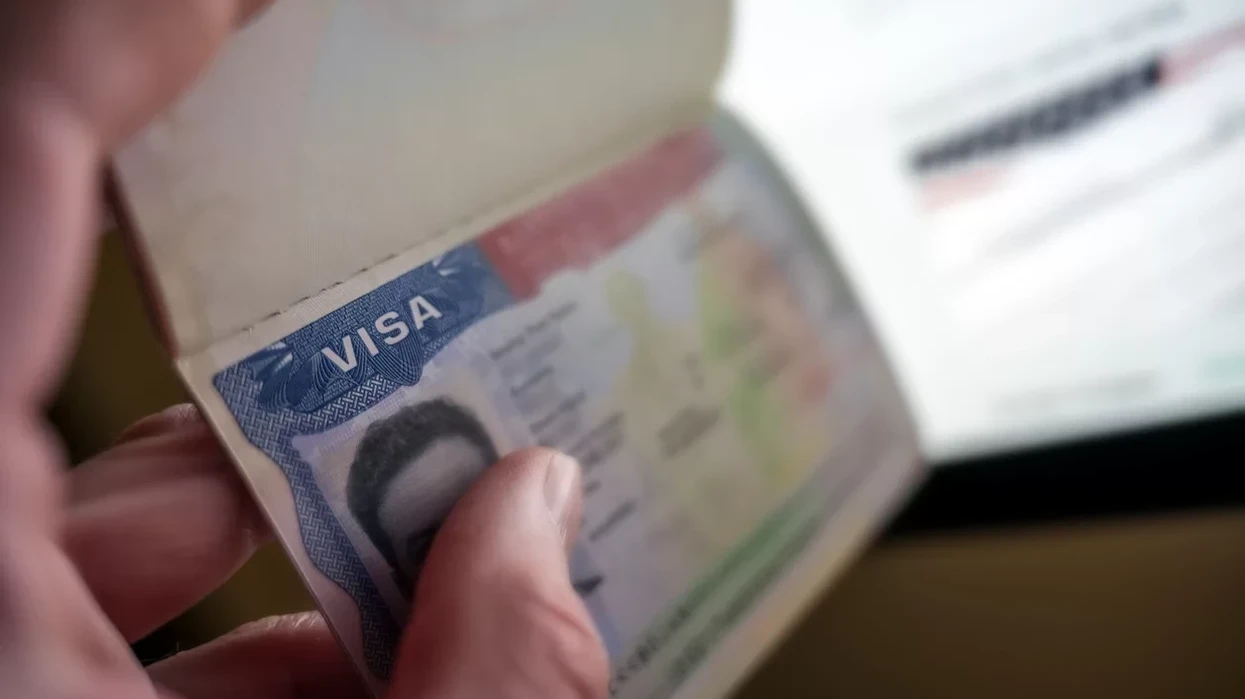


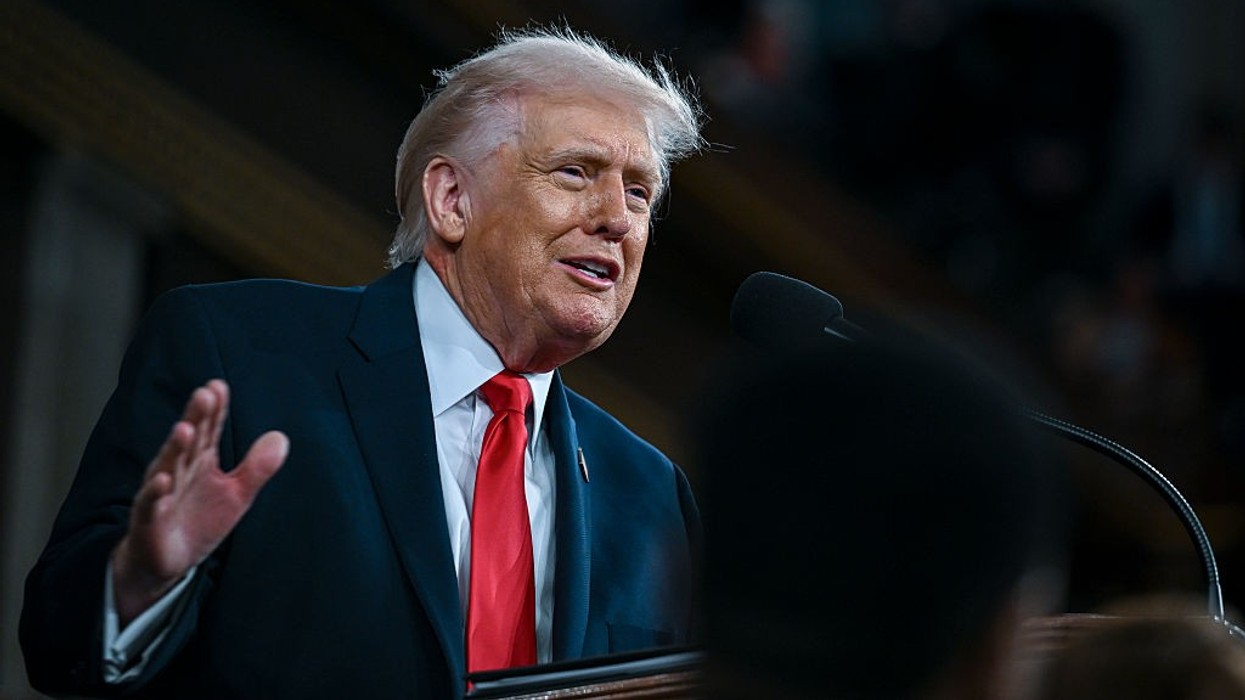
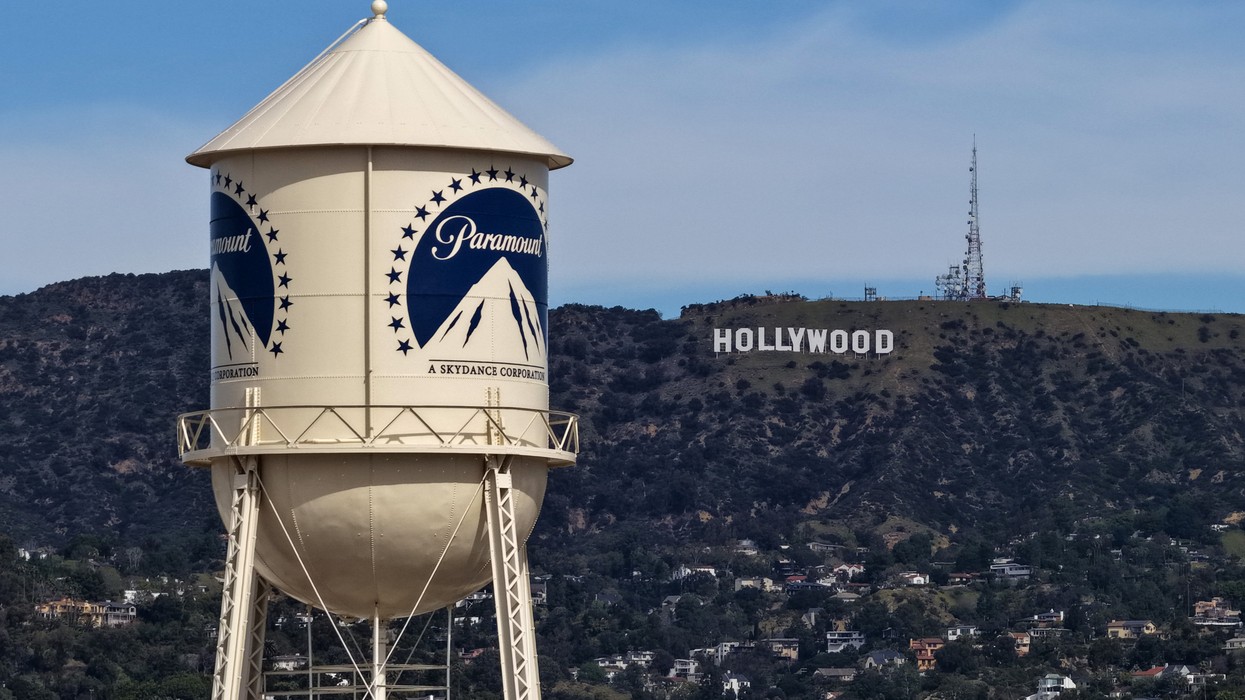

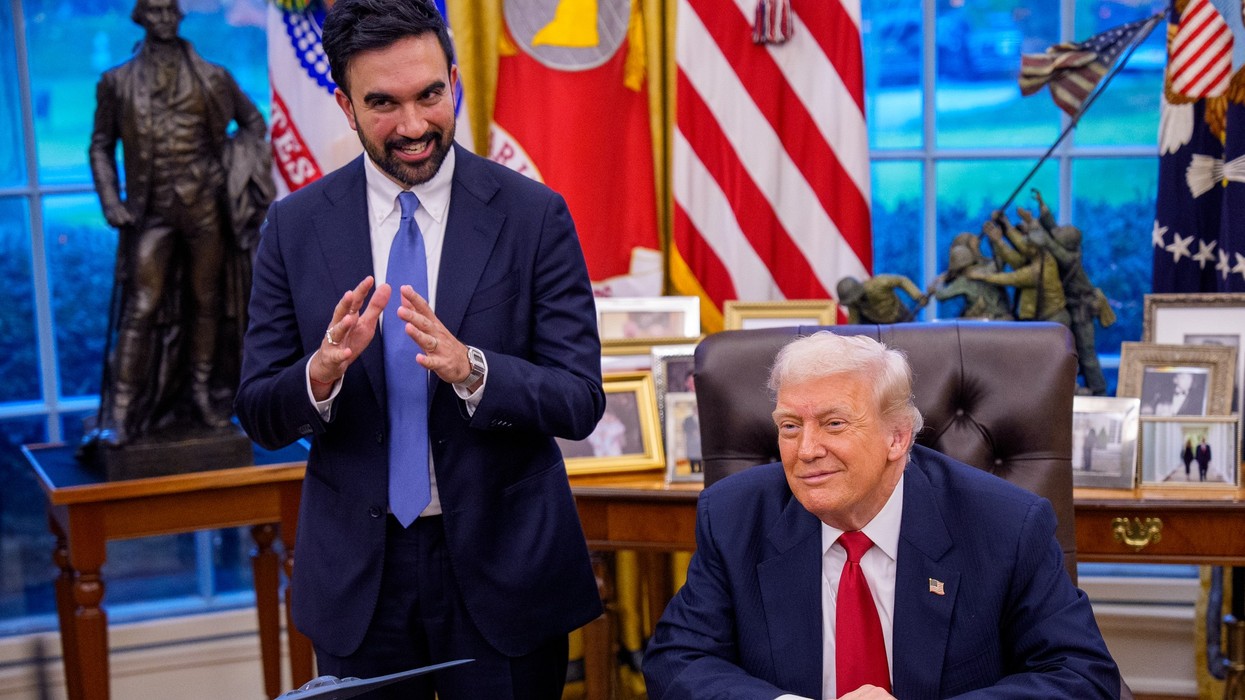






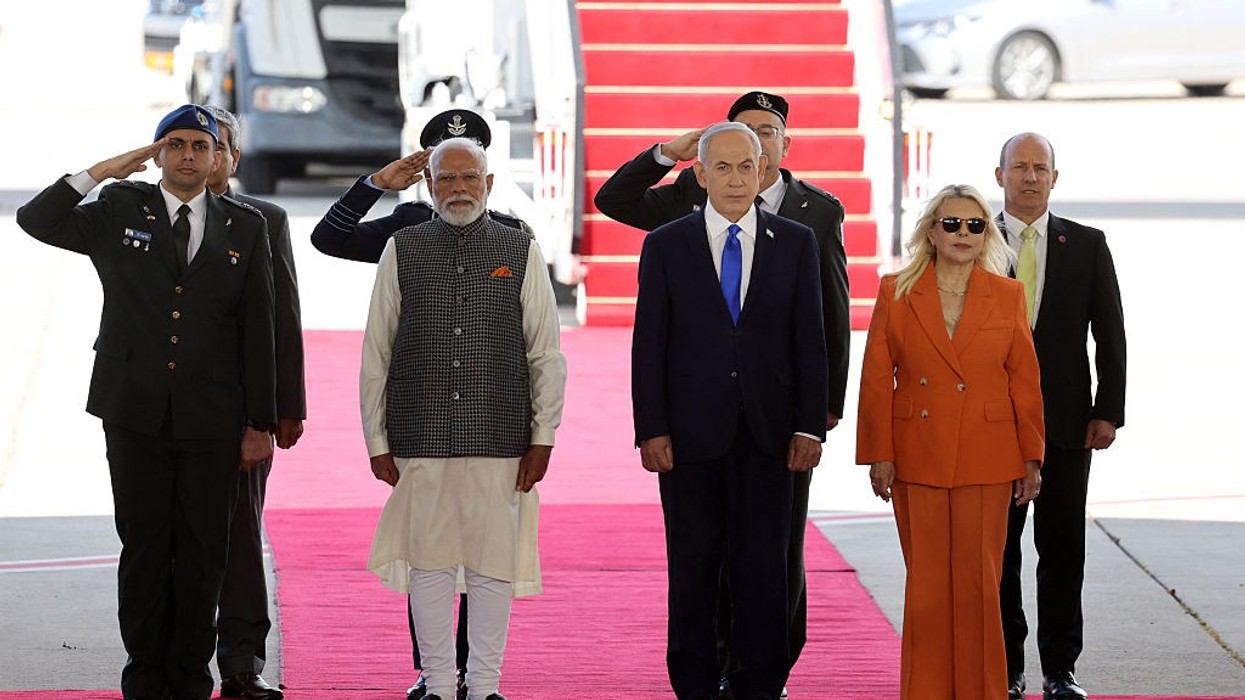
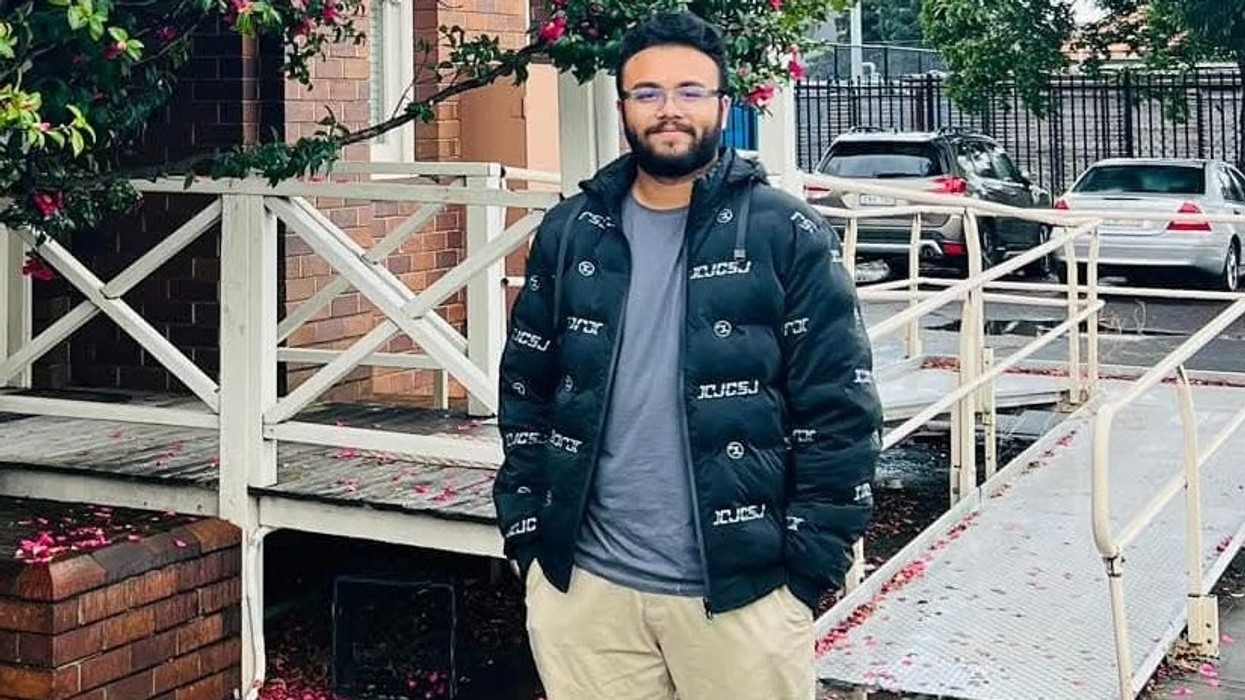
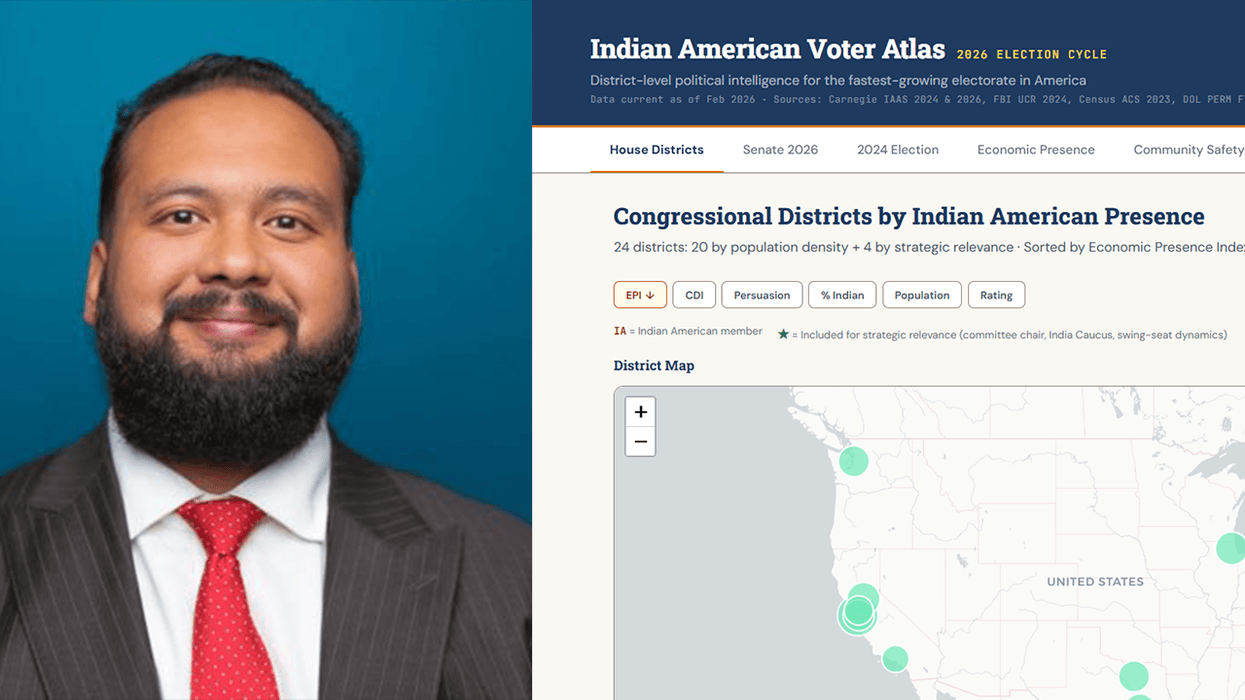
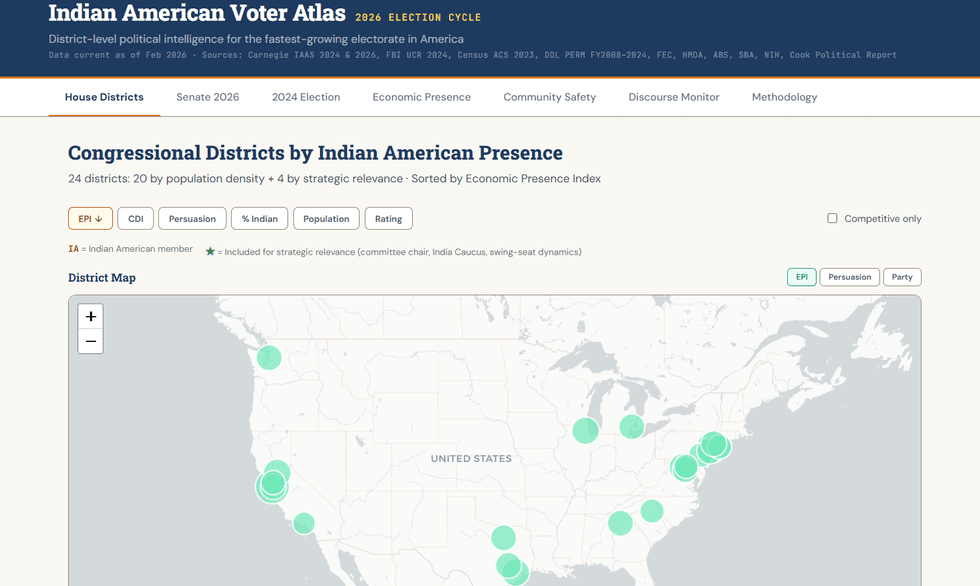 https://www.voteratlas.io/
https://www.voteratlas.io/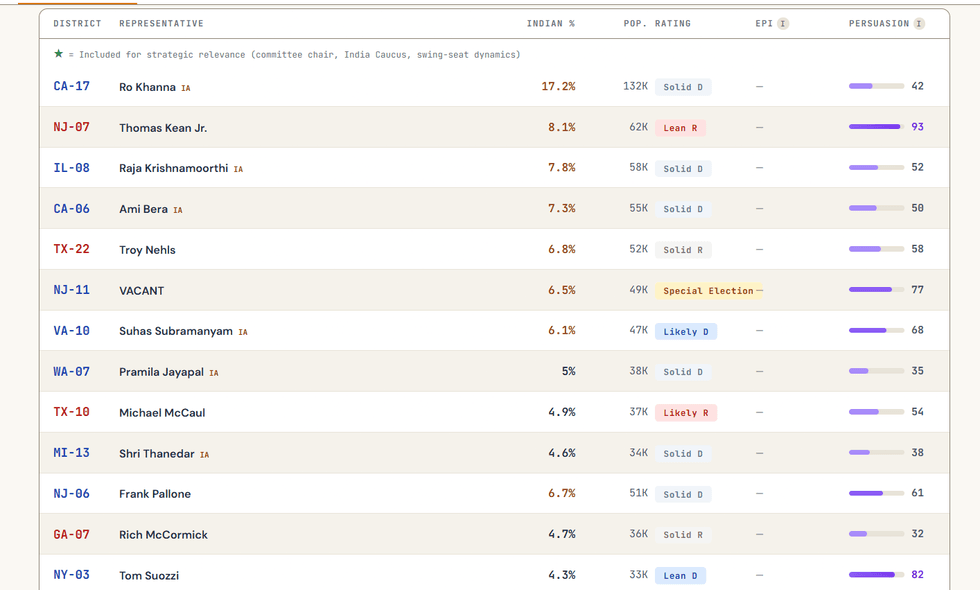 https://www.voteratlas.io/
https://www.voteratlas.io/